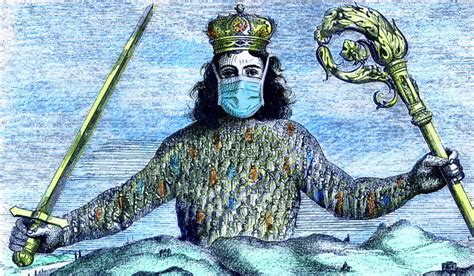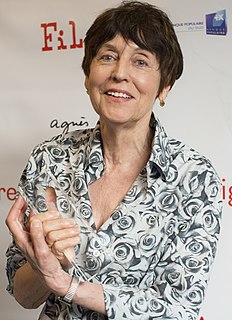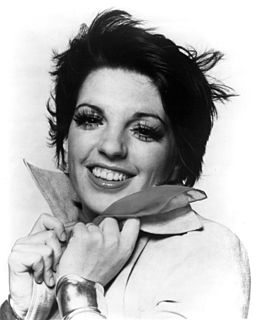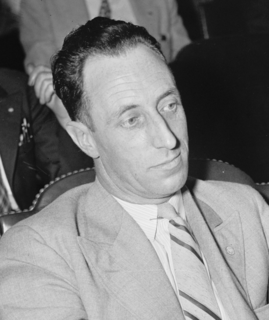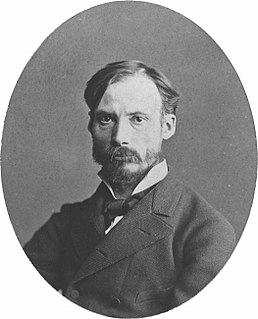A Quote by Roman Genn
I try to paint from life, but I had such a miserable experience with Bonaparte, who wouldn't sit still and kept mumbling about catching a cold and something incoherent about Wellington , so I finally decided to work from photos.
Related Quotes
I'll think about something else. I'll just sit quietly. If I could sit still. If I could sit still, maybe I could read. Oh, all the books are about people who love each other, truly and sweetly. What do they want to write about that for? Don't they know it isn't true? Don't they know it's a lie, it's a God-damned lie? What do they have to tell about that for, when they know how it hurts?
[My work] includes something about death, and about love, because the photos always have something to do with death. The photograph is like taxidermy. It is like the animals I use. They are posed in order to appear to be alive, but they are dead. Their time has passed. The photos have to do with time and loss, and conclusion.
There was no special event that made me decide. I had collected some photos and the idea was in the back of my mind for a long time. It was growing and growing, so finally I said, 'I must paint this.' I come from East Germany and am not a Marxist, so of course at the time I had no sympathy for the ideas, or for the ideology that these people represented. I couldn't understand, but I was still impressed. Like everyone, I was touched. It was an exceptional moment for Germany.
I shot a lingerie campaign in Munich once during the winter, and it was actually snowing. At one point, my body literally turned blue, and we had to stop for 20 minutes to get my temperature back to normal. I kept telling myself, 'Try not think about the cold,' but that's extremely hard when you feel like your toes are about to fall off.
In 1998, Vanity Fair asked me to write a big piece for them on the 50th anniversary of the New York City Ballet. My life, to a great extent, had been spent at and with the New York City Ballet, and I decided to try it. It was very scary, writing about something I loved so much and had such strong opinions about.
Finally, it was about how people treat one another. It was about human dignity. We forced the employers to treat us as equals, to sit down and talk to us about the work we do, how we do it, and what we get paid for it. And I believe that the principles for which we fought in 1934 are still true and still useful. Whether your job is pushing a four-wheeler, or programming a computer, I don't know of any way for working people to win basic economic justice and dignity except by being organized into a solid, democratic union.
Just before I left [Cuba], I was about to transfer to the university. I had decided I had had enough experience in work in the manual areas. But then I got word from the United States that I could return...that my party had gathered enough information about the false charges that were against me for me to return to the United States.
